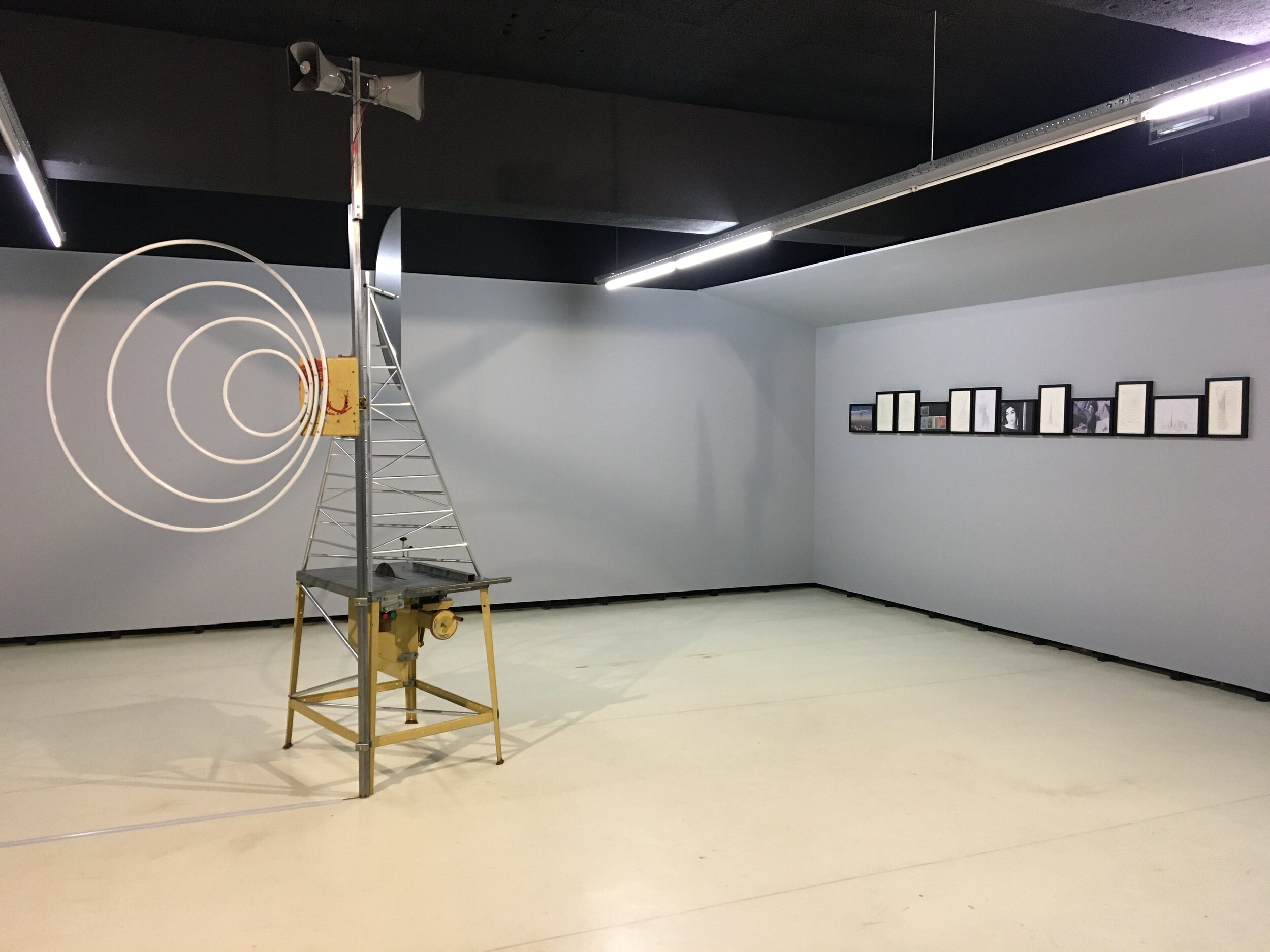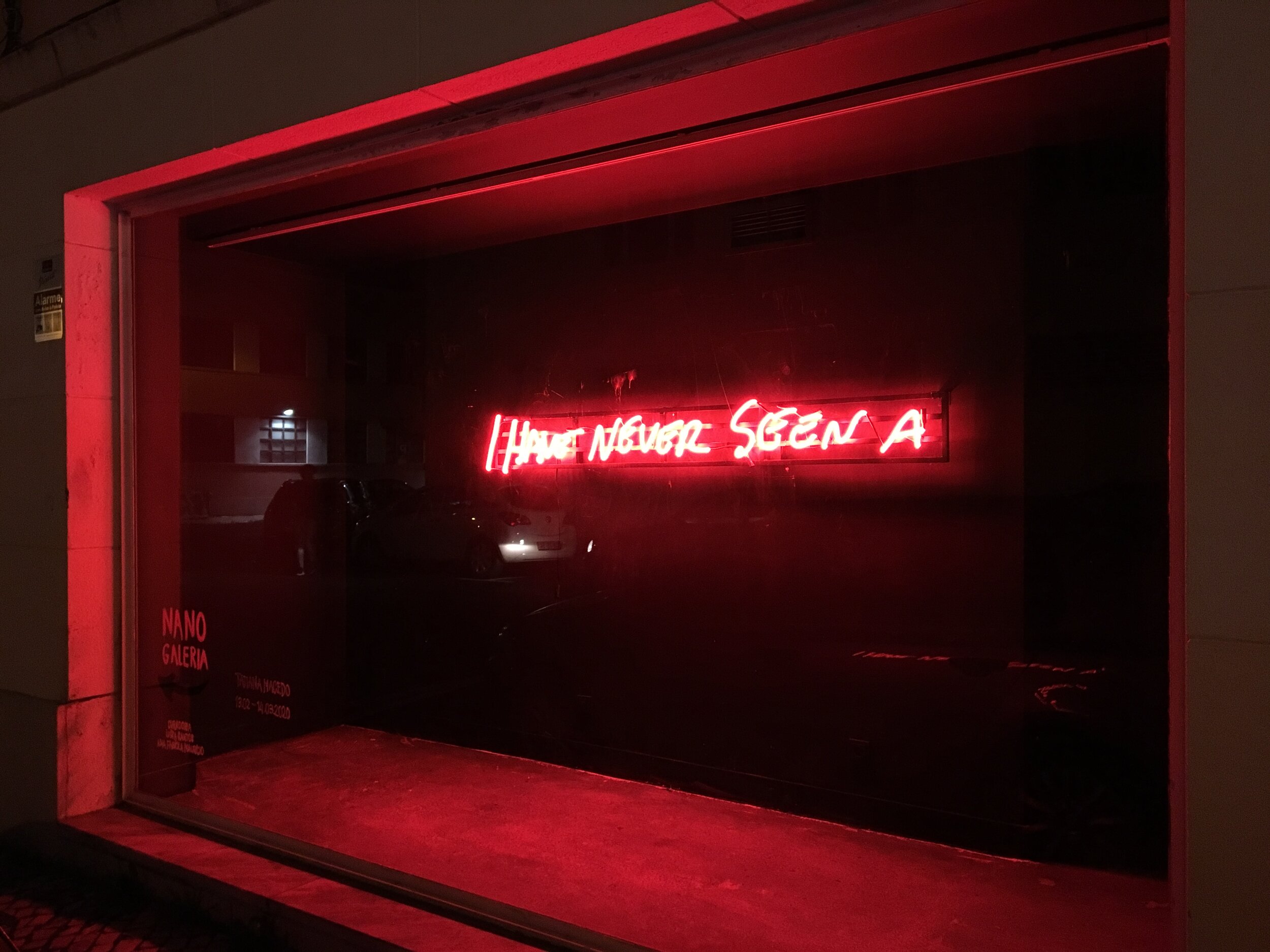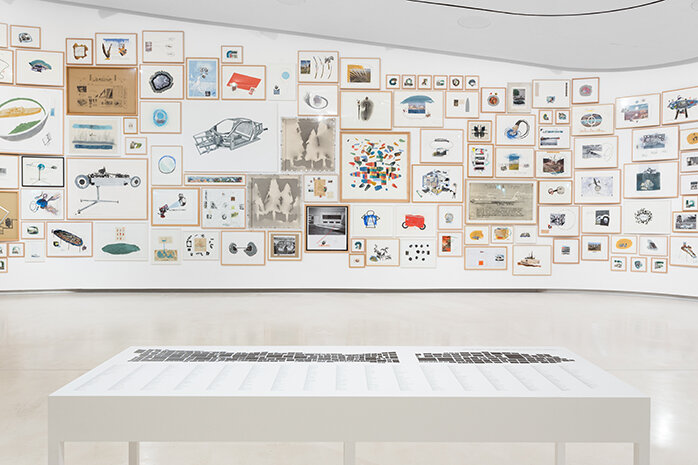Luísa Santos
An independent curator, Luisa Santos holds a Ph.D in Culture Studies by the Humboldt & Viadrina School of Governance, in Berlin, and M.A. in Curating Contemporary Art by the Royal College of Art, in London. Luísa Santos is also a Researcher in Culture Studies / Artistic Studies, since 2019 at the CECC of the Universidade Católica Portuguesa. Between 2016 and 2019, she was Assistant Professor, with a Gulbenkian Professorship, at the Faculty of Human Sciences of the Universidade Católica Portuguesa. She is a research fellow at The European School of Governance (EUSG), in Berlin, since 2019. In 2013 she conducted research in curatorial practices at the Konstfack, in Stockholm. Researcher at the CECC, she is the coordinator of the 4Cs: from Conflict to Conviviality through Creativity and Culture. Luísa Santos sits in the editorial and scientific boards of the peer-reviewed magazines Estúdio, Gama, and Croma and of the Yearbook of Moving Image Studies (YoMIS - Research Group Moving Image Kiel), Büchner-Verlag. Luísa Santos also collaborates in the Arts-based participatory research approach: Potential for exploring Asian-Canadian youth identities through an intersectionality lens, a research project coordinated at the York University.
praxis statement
Luisa Santos' projects reveal a special interest in critically thinking the social role of art and the art institution as well as the formats and methodologies associated with it. Her most recent experiences include her position as Executive Curator of the first edition of Anozero: Coimbra Biennial of Contemporary Art (2015) and curator of the European Exhibition of the CreArt Network that traveled along Aveiro (PT), Kaunas (LT), and Kristiansand (NO) in 2016. Since 2017, she is coordinating the European Cooperation project 4Cs: from Conflict to Conviviality through Creativity and Culture, a 4-year long project co-funded by the European Commission through Creative Europe. Lead by Universidade Católica Portuguesa, the project brings together together institutional partners such as Tensta Konsthall, SAVVY Contemporary – Laboratory of Form-Ideas, Royal College of Art, Fundació Antoni Tápies, Vilnius Academy of Fine Arts, Museet for Samtidskunst, and ENSAD to explore the role of artistic institutions on emerging forms of conflict.
Research Interest
Her main areas of research are contemporary art and social systems. She has authored various publications in the domains of art and society.



